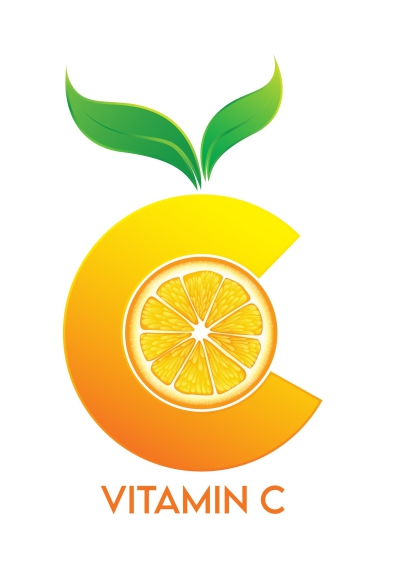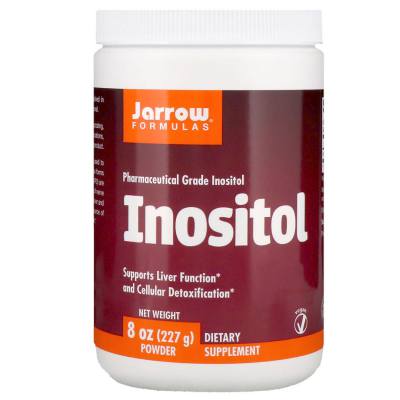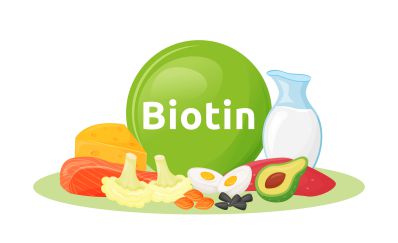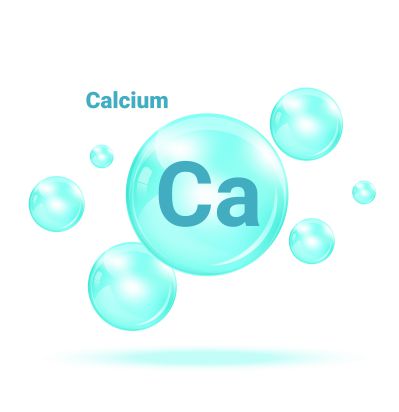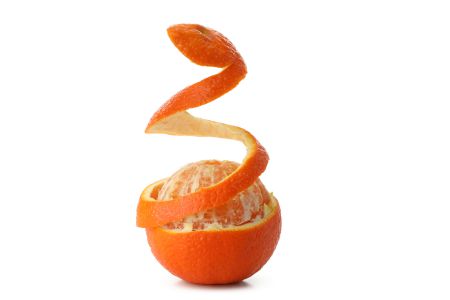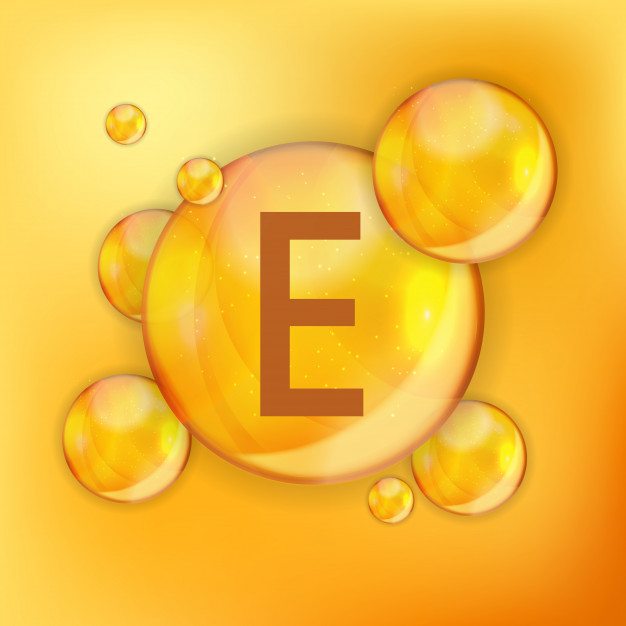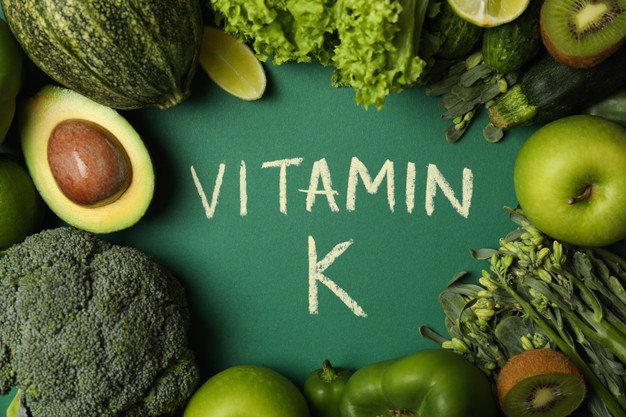Vitamin C is an important water-soluble vitamin which has versatile role on health. The chemical name of Vitamin C is ascorbic acid. It is essential for maintaining proper body function, for synthesize, growth and repairing of cells and tissues of the body. Research has shown that Vitamin C is an essential component of collagen, hence contributing in the growth and maintenance of cartilage, bone and teeth (Nezwek and Lasser, 2019). It also has significant role on the immune system. One of most essential function of Vitamin C is that it helps in iron absorption and helps to inhibit iron deficiency anaemia.
Epidemiological studies had shown that in sixteenth century about ten thousand mariners died due to a specific disease called scurvy. It was established that the disease had developed due to the deficiency of Vitamin C in their diet. At the time the disease was treated into remission with the administration of lime water or lemon juice in their daily diet. Since then, this remedy is widely used to prevent the disease scurvy. Positive awareness and health consciousness encourage people to consume Vitamin C in daily diet to combat several nutritional deficiencies.
Source
The below table gives a good overview of the various sources of Vitamin C
| Richest source of Vitamin C | Good source of Vitamin C | Fair source or poor source of Vitamin C |
|
|
|
|
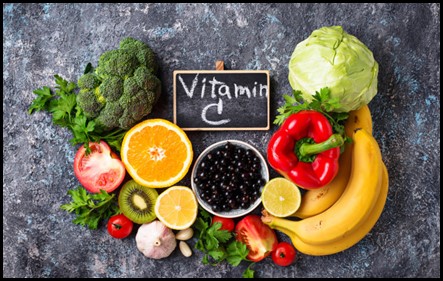
Biosynthesis of Vitamin C
- Studies and researches have shown that some animals can synthesize ascorbic acid within their body, but humans cannot synthesize it due to the absence of the enzyme L-gulonolactone oxidase (Amin, 2016). Thus, human should essentially consume it through diet or supplements for meeting daily requirements.
- Ascorbic acid is rapidly absorbed through the intestine, but it cannot be stored within the body. It is excreted through urine. Hence, it should be consumed in required amount so as not to develop a deficiency.
Why Vitamin C should be consumed?

As it evident from the above section, there are several good reasons to consume Vitamin C, some of which are listed below –
- To heal wound easily
- Vitamin C is one of the most essential nutrients that should be taken during pregnancy as it is an essential substance for promoting intrauterine growth of the fetus. Proper consumption of vitamin C can reduce the incidence of iron deficiency anaemia, still birth, low birth weight infant and preterm babies
- To increase the immunological strength of the body
- To protect vital organic substance of the body such as proteins, lipids, Vitamin A and enzymes
- To prevent scurvy and other oral problems
Health benefits of Vitamin C
Here below we will discuss in future details the health benefits of Vitamin C
Role in Collagen synthesis
- It helps in collagen synthesis by acting as a coenzyme in this respective process.
- Hydroxylation of the amino acids lysine and proline is facilitated by Vitamin C and produce proto collagen which is then converted into collagen.
- The following flowchart has shown the process–
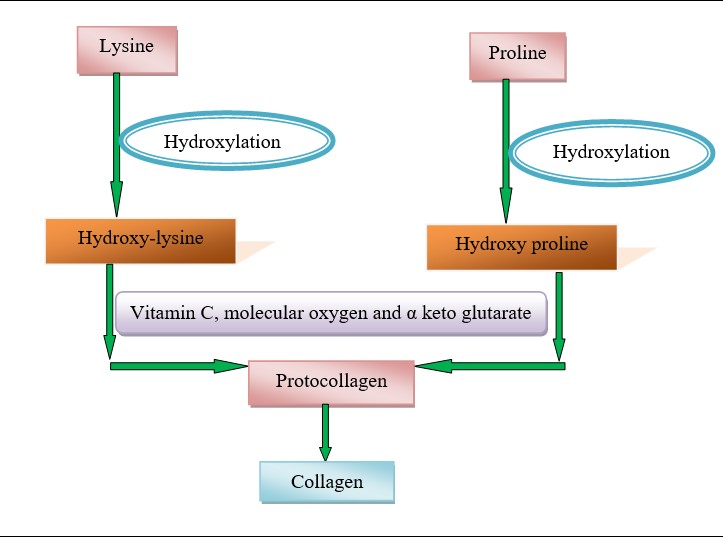
- Collagen helps to form connective tissues thereby helping to promote the growth of bones, tendons, blood vessels, cartilage and teeth

Role in iron absorption and hemoglobin metabolism
- Studies have shown that iron is absorbed within the body in the ferrous form and Vitamin C helps in iron absorption by converting the ferric form of iron to its ferrous form due to the reducing property of ascorbic acid
- It helps in the formation of ferritin, the stored form of iron and helps in the mobilization of iron from ferritin when required
- It helps in the synthesis of hemoglobin by stimulating the conversion of methemoglobin to hemoglobin.
- Increase in iron and hemoglobin status can reduce the risk of anaemia (Lane et al., 2016)
Role in immune system
- It helps to increase the synthesis of immunoglobulins that positively influence the immunological responses
- It enhances the phagocytosis process of leucocytes and helps to destroy the antigens
Antioxidant activity of Vitamin C
- It is an active reducing agent and helps to prevent oxidation of organic substances within the body hence prevents oxidative damage of the body
- It helps to scavenge the free radicals and helps in its reduction
Pharmacology of Vitamin C
- Vitamin C has various pharmacological significances and it is associated with preventing various diseases
- It helps to prevent cataract. Developing cataract is a common health problem, but it can be prevented to some extent with regular consumption of Vitamin C. A relative high concentration of ascorbic acid can be found in human eye lens
- Recent studies have indicated that individuals who suffer from diabetes mellitus have poor plasma level of ascorbic acid. Administration of ascorbic acid is associated with reducing hyperglycemia (Das, 2019)
- Epidemiological researches have shown that Vitamin C has an inverse relationship with diastolic and systolic pressure hence consumption of Vitamin C can reduce the blood pressure
- Ascorbic acid is also associated with reducing the uric acid concentration in blood which is associated with reducing the prevalence of gout

Vitamin C and cardiac health
- Studies on ascorbic acid have shown that there is a strong relationship between Vitamin C and cardiovascular system (Moser and Chun, 2016)
- Vitamin C is associated with reducing the plasma cholesterol level. It also helps to prevent the oxidation of LDL (low density lipoprotein) hence inhibit the frequency of artherosclerosis thus promotes the cardiac health
- It helps to improve the arterial stiffness, endothelial functions and lipid profile which are good for cardiac health. Consumption of citrus fruits have potential benefits on the heart and reduces cardiac morbidity and mortality rate
Role of Vitamin C on folic acid metabolism

- The active form of folic acid is tetra hydro folate (THF), in which form folic acid performs its function within the body
- Vitamin C is required to convert folic acid into tetra hydro folate hence it is associated with supporting the folic acid to perform its function actively and helps to prevent folate deficiency within the body
Role of Vitamin C on hormones
- Recent studies have shown that adrenal cortex gland contain ascorbic acid and pituitary gland also possesses ascorbic acid during stress condition
- It has also been found that Vitamin C is required for the hydroxylation reaction which is required for the synthesis of corticosteroid hormones
Role of Vitamin C on sparing other vitamins
- As vitamin C acts as an antioxidant hence it spares Vitamin A, Vitamin E and Vitamin B complex from oxidative damages
- It helps to supports them to performing their functions properly
So, it can be revealed that Vitamin C is an important nutrient which should be consumed through diet or supplements for its potential health benefits.

Source:
Amin, M., 2016. Analysis of the role of vitamin C synthesis loss in primates’ evolution; solving an evolutionary puzzle. Nova Journal of Medical and Biological Sciences, 4(3).
Camarena, V. and Wang, G., 2016. The epigenetic role of vitamin C in health and disease. Cellular and molecular life sciences, 73(8), pp.1645-1658.
Carr, A.C. and Maggini, S., 2017. Vitamin C and immune function. Nutrients, 9(11), p.1211.
Das, U.N., 2019. Vitamin C for Type 2 Diabetes Mellitus and Hypertension. Archives of medical research, 50(2), pp.11-14.
Ellulu, M.S., 2017. Obesity, cardiovascular disease, and role of vitamin C on inflammation: a review of facts and underlying mechanisms. Inflammopharmacology, 25(3), pp.313-328.
Granger, M. and Eck, P., 2018. Dietary vitamin C in human health. In Advances in food and nutrition research (Vol. 83, pp. 281-310). Academic Press.
Hemilä, H., 2017. Vitamin C and infections. Nutrients, 9(4), p.339.
Lane, D.J., Jansson, P.J. and Richardson, D.R., 2016. Bonnie and Clyde: Vitamin C and iron are partners in crime in iron deficiency anaemia and its potential role in the elderly. Aging (Albany NY), 8(5), p.1150.
Moser, M.A. and Chun, O.K., 2016. Vitamin C and heart health: a review based on findings from epidemiologic studies. International journal of molecular sciences, 17(8), p.1328.
Nezwek, T.A. and Lasser, S.D., 2019. Physiology, Connective Tissue. In StatPearls [Internet]. StatPearls Publishing.
Padayatty, S.J. and Levine, M., 2016. Vitamin C: the known and the unknown and Goldilocks. Oral diseases, 22(6), pp.463-493.
Pehlivan, F.E., 2017. Vitamin C: An antioxidant agent. Vitamin C, pp.23-35.
